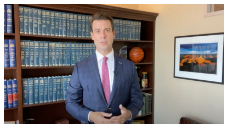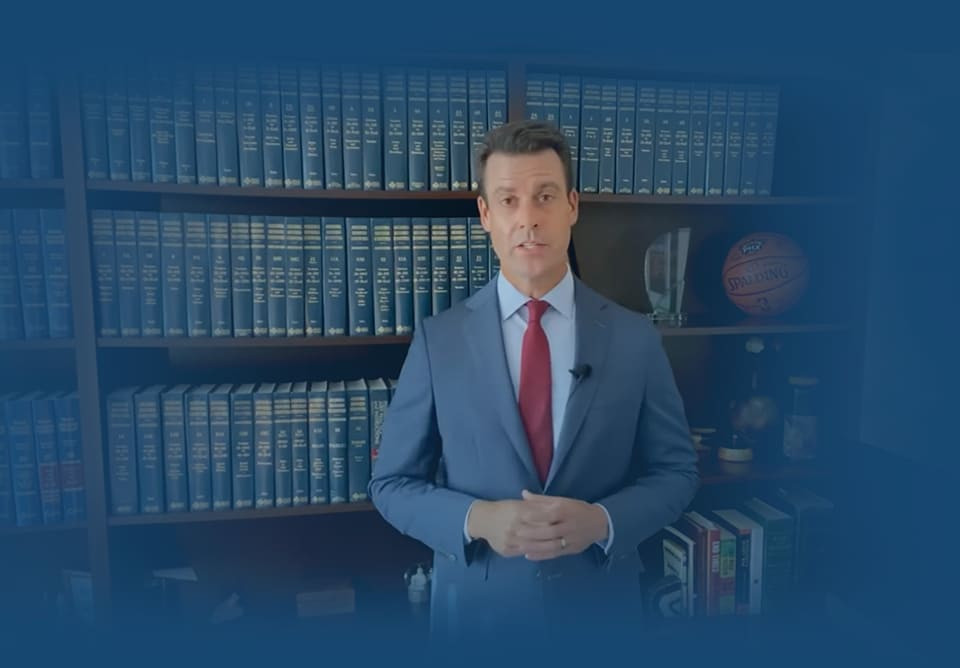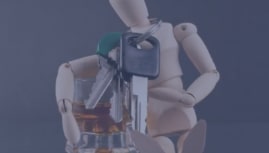ARIZONA’S PREMIER LAW GROUP HIGHLY EXPERIENCED PHOENIX LAWYERS
FREE CONSULTATION > 602-989-5000

 Years of Combined
Years of CombinedLaw Experience


Law Experience
Win your Case
At Alcock & Associates, P.C. you get attorneys with over 150 years of combined experience, established in the Valley, having won 1,400+ cases in Personal Injury, DUI, Criminal Defense, Family Law and Immigration.
Our team of Phoenix lawyers include former prosecutors who served as Maricopa County deputy county attorneys and deputy attorney generals. They understand both sides of the case and work for you.
Your attorney will be made available directly to you 24/7.
Our Priorities:
- YOUR Freedom.
- WINNING Your Case.
- YOUR Peace of Mind.
- SECURITY For Your Family.
- YOUR Compensation.
Over 150 years of combined experience winning Personal Injury, DUI, Criminal Defense, Family Law and Immigration Cases.
Free Consultation >










At Alcock & Associates, we champion your rights. Specializing in car accidents and personal injury attorneys fight to get you the deserved compensation. Choose us and a percentage of profits goes to Philanthropy.
Learn More
Facing complex immigration issues? Our Arizona immigration attorneys fight to win! From we stand by you. Contact us today!
Learn More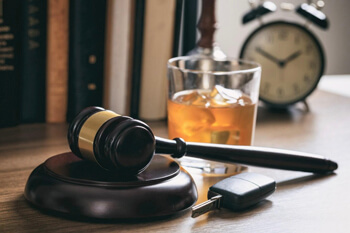
Facing DUI charges? Don't worry! Our experienced former DUI prosecutors in Arizona are ready to defend you. We win cases to prevent criminal convictions with affordable fees and flexible payment plans. Call for a free consultation and learn why so many trust Alcock & Associates for skilled, experienced, and personalized DUI defense. Get the help you need!
Learn More
Over 20 Years
Accused of a crime? Our dedicated criminal defense attorneys in Arizona are here to defend you. We are experts and have handled thousands of felonies, including drug charges and theft. We understand what is at stake for you. Call today for a free, confidential consultation and let us protect your rights and your future.
Learn More
Navigating divorce or child custody? Let us help you get through tough times and legal assistance.
Learn MoreWHY ALCOCK & ASSOCIATES?
- Over 150 Years of Combined Attorney Experience.
- Thousands of Victories.
- Flexible Payment Plans & Guaranteed Lowest Fees.
- Former Prosecutors.
- National Trial Lawyers Top 100 Trial Lawyers
- 1,400+ Five-Star Google Reviews (more than any other AZ criminal defense firm)
- 24/7 Contact with your attorney.
- Serving Arizona and Hispanic community
With 20 years of experience as a Phoenix lawyer, Nick’s mission has always been to help our clients in every respect. He has assembled an excellent team that includes former prosecutors and are just as dedicated to helping our clients and fighting to win every single case.


Thank you very much to Alcock & Associates for their excellent service and support to obtain my permanent residence, especially Daniella Hernández, Attorney Lisa Elkin and Attorney Emmanuel Elizondo! Excellent team, very human, highly recommended, thank you!!!

I would like to say thank you to Nicholas at Alcock & Associates, he helped me with my DACA and I really appreciate their help! Also, they’re really good with the community I really recommend them!

You will not regret choosing this firm. Very hard working and kind lawyers. Especially Michelle Lopez, I am lucky to have gotten her she’s been extremely patient and helpful. I highly recommended Alcock & Associates!
ABOGADOS EN ARIZONA
Hablamos Su Idioma: Nuestros abogados pueden ayudarle hoy con cualquiera de sus preguntas legales. Nuestro equipo de abogados cuenta con la experiencia y el profesionalismo necesario para resolver su caso de la mejor manera posible. No vaya a la corte solo, tener el mejor abogado de su lado es fundamental para resolver su situación legal. Nuestras consultas son totalmente confidenciales y gratuitas. Contamos con un excelente precio y un plan de pagos razonable. Llame ahora al 602-989-5000. Abogados listos a contestar. Abogados en Phoenix sirviendo a la comunidad. Mas Informacion: www.abogadophoenixaz.com
Helping others
is our passion!
With 20 years of experience, Nick’s mission has always been to help our clients in every respect. He has assembled an excellent team that includes former prosecutors and are just as dedicated to helping our clients and fighting to win every single case.
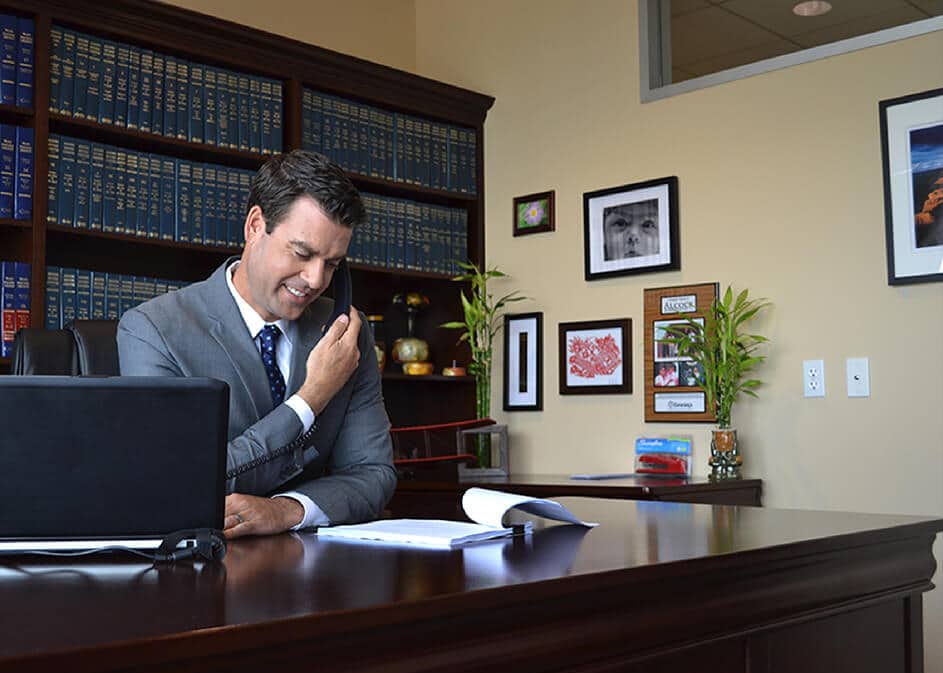
REPRESENTATION YOU DESERVE
Here at Alcock and Associates our team and staff are dedicated to helping and representing YOU. The first step is to understand your case. We will take the time to get to know you and your legal situation so that we are best able to answer all of your questions. After your initial consultation with our attorneys, you will know what you are facing and what can happen to your case.
EVERY CONSULTATION IS COMPLETELY FREE AND COMPLETELY CONFIDENTIAL.
WE ARE PROFESSIONALLY-AGGRESSIVE
DEDICATED TO OUR CLIENTS
Since 2000... We HandledWe’ve earned millions and millions in Personal Injury Settlements FOR OUR CLIENTS
OUR LATEST VICTORIES
We Work To Get Results
OUR LATEST VICTORIES
We Work To Get ResultsMisconduct Involving Weapons Dismissed
Extreme-DUI Dismissed
Assault-Disorderly Conduct Dismissed
Theft Dismissed
Domestic Violence Dismissed
WHAT TO EXPECT FROM DUI AND CRIMINAL CASES
At Alcock & Associates, P.C., we are dedicated to helping people as much as we can, whether they become clients or not. Our attorneys are ready and able to help you directly, and you can discover all of the ways we can help you on our website, and through a free consultation, our commitment to transparency goes beyond that. So, we want to show you what to expect from any DUI and Criminal Cases that may be ahead. Click the informational videos to find out for yourself.
ALCOCK & ASSOCIATES GIVES BACK
At Alcock & Associates, P.C., our Phoenix lawyers are dedicated to better the lives of others goes beyond the courtroom. We proudly devote time and money to helping the community here in Phoenix as well in Latin America. ALL OF OUR PHILANTHROPY IS FUNDED BY OUR PERSONAL INJURY CASES.
In the history of our firm we have:
- Provided over 2,000,000 meals to those in need.
- Rebuilt entire communities.
- Sponsored medical mission trips to Latin America every year.
- Partner with organizations like Esperanca and Gompers Habilitation.
- Host free legal seminars in Phoenix.
- Sponsor Programs at Phoenix Children’s Hospital & Scholarship Programs at Ingleside Middle School.
- Donate time and money to Children’s Crisis Nursery.
WE SPONSOR A CHILD’S SURGERY IN LATIN AMERICA EVERY BUSINESS DAY.
All of this philanthropy is possible only because our team consists of well-trained Phoenix lawyers who treat everyone with respect and dignity, and have a high level of compassion and drive to give back to those in need. We are honored and humbled to be able to do such great work, and we look to continue to grow our efforts going forward.
Top Rated Phoenix Attorneys





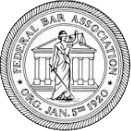
It is essential that you are aware of our website policies, as they detail how we protect your data and ensure transparency in the use of your information. Please read our Privacy Policy.




